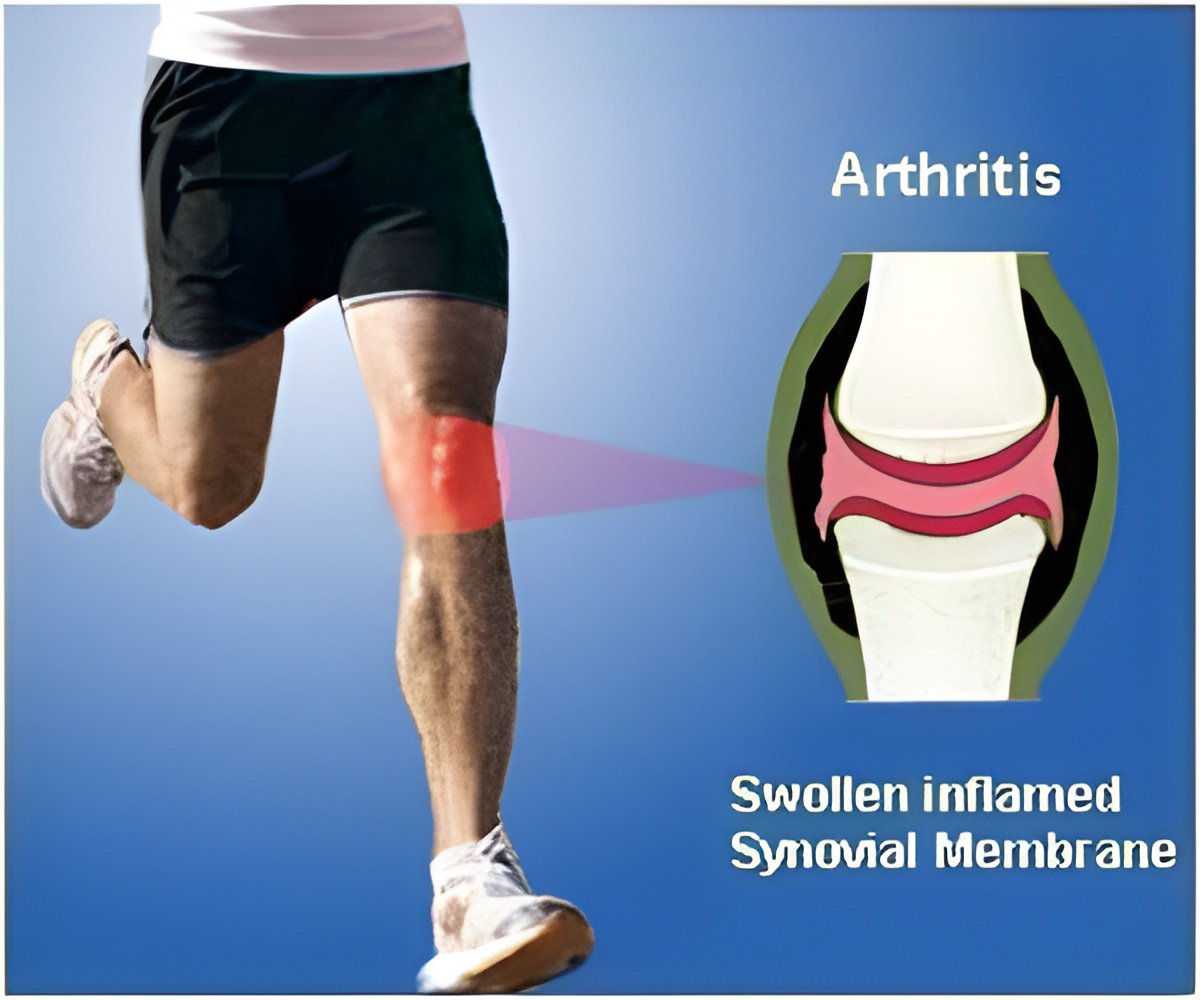“This study suggests that the impact of mutations found in the variants of concern is limited”, says LJI Professor Alessandro Sette, Dr.Bio.Sci., study senior author.
‘Moderna and Pfizer-BioNTech vaccines prime T cells can fight SARS-CoV-2 variants through cross reactivity.’
This study published in Cell Reports Medicine enlightens how the body’s T cells respond to Variants of Concern (VOCs) as several of these variants are linked to lower levels of virus-fighting antibodies.
The study data includes four of the most prevalent VOCs but the Delta (B.1.617.2) variant, which became prevalent after this study is being initiated to include in this study.
The team also established relationships with more than 20 different laboratories around the world to help monitor T cell reactivity to VOCs.
The researchers analyzed T cells from three different groups: people who had recovered from COVID-19, people who had received either the Moderna or Pfizer-BioNTech vaccines, and people never exposed to SARS-CoV-2 (from samples taken before the pandemic).
Both the recovered and vaccinated subjects were likely to have T cells that recognized the original strain of SARS-CoV-2.
Later, they tested T cell responses from the donor groups against four prominent VOCs: Alpha (B.1.1.7), Beta (B.1.351), Gamma (P.1) and Epsilon (B.1.427/B.1.429).
The results show that both vaccinated individuals and recovered patients have cross-reactive T cells that target these variants.
The underlying message of this study is good for those who has received one of the two mRNA vaccines and for those who recovered from any variant of the virus.
Though COVID-19 vaccines produce antibodies that stop SARS-CoV-2 infections, the T cells can act as backup system to stop the mutated coronavirus variant before getting pneumonia.
Future booster shots can increase immunity by prompting the body to produce more antibodies against the variants and/or by adding additional parts of the virus recognized by T cells.
This can be used in making future pan COVID-19 vaccines to make sure future variants can’t escape the vaccines by recognizing the structural details, such as elements of the spike protein, that all coronaviruses have in common.
The study is now expanded to a much larger group of 12 different Variants of Concern (VOCs) and Variants of Interest (VOIs), including the Delta variant (B.1.617.2), Eta (B.1.525), Iota (B.1.526), Kappa (B.1.617.1), Lambda (C37) and the variants B.1.526.1, B.1.617.3, R1 and B.1.1.519.
The researchers are likely to study T cells from people infected with the variants and to explore how these T cells react to the ancestral strain of the virus.
Source: Medindia



